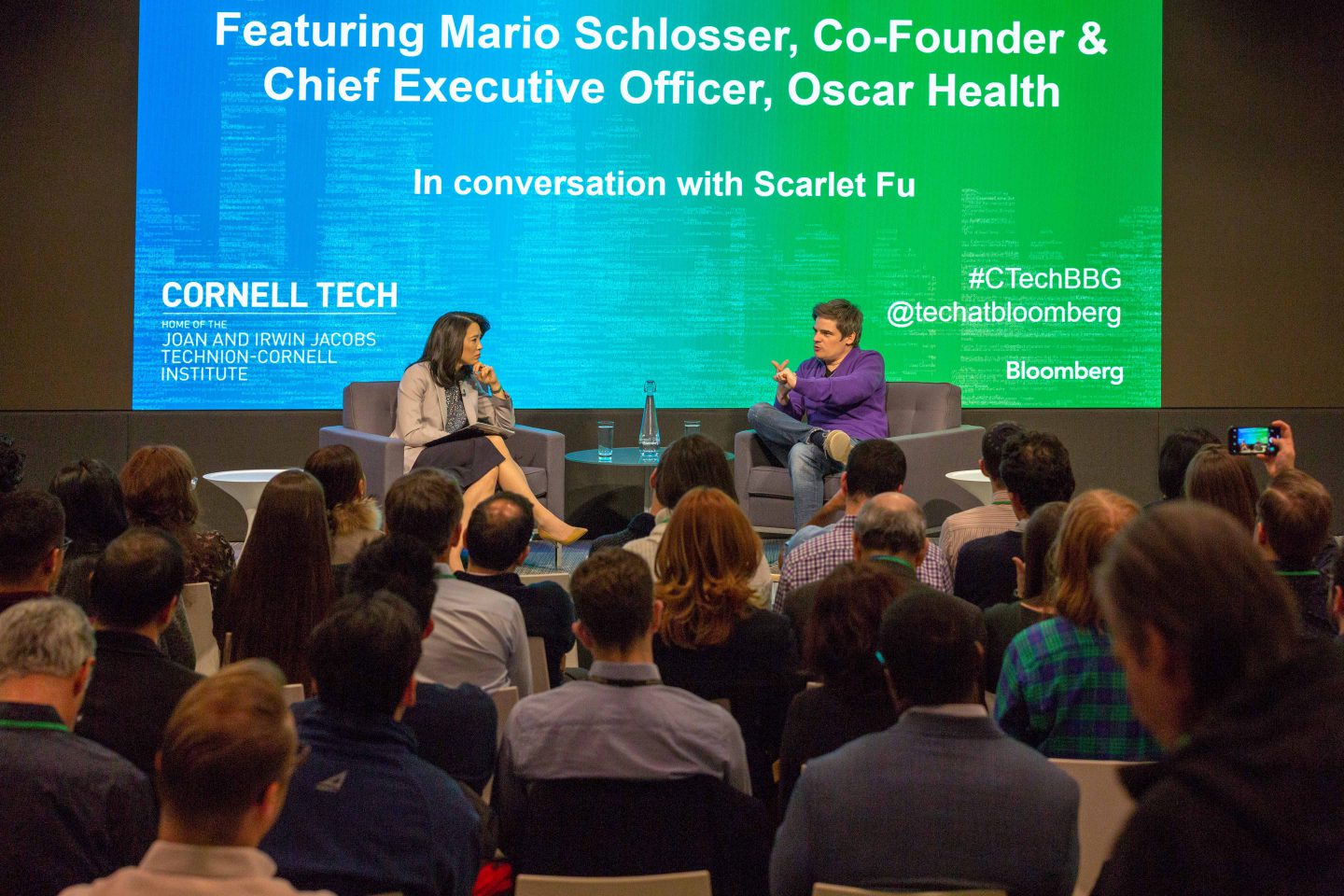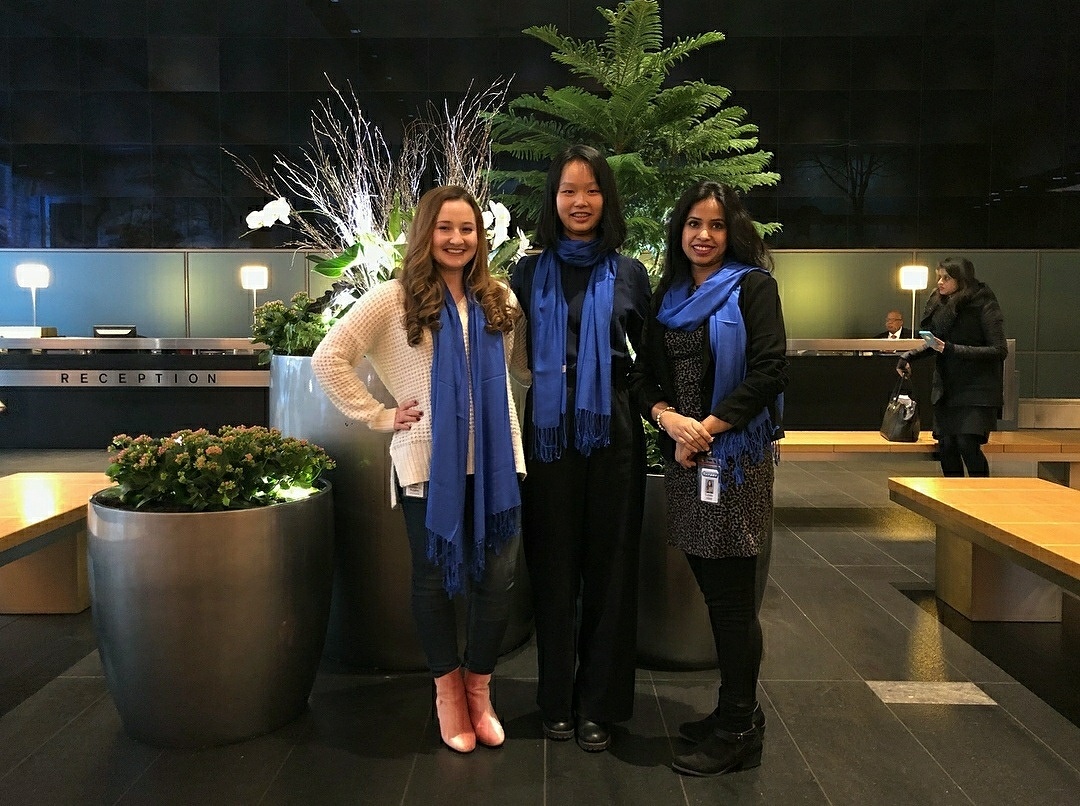February 23, 2018
Author: barreladmin
February 21, 2018
5 Things I learned from the General Counsel of Betterment
February 21, 2018
Yoav Artzi Receives NSF CAREER Award
February 8, 2018
Burnell Chair is established at Cornell Tech
February 7, 2018
Cornell Tech Researchers Launch ‘OpenRec’ Library
February 8, 2018
Let’s Talk About Tech (at Turner)
February 6, 2018




